Blue Sweater
October 15, 2009
Just finished the book The Blue Sweater by Jacqueline Novogratz. Because we have decided to invest both finances and heart towards an organization fighting global poverty (one days wages), I’ve been trying to read up on the subject. I enjoyed this one although some parts were hard to get through. Here are some of my reflection thoughts:
1) Cross cultural sensitivity: As a westerner going into various developing countries,she had little training on how to view things from a cross cultural perspective. She talks about some hard lessons she had to learn because of her ethnocentric perspective, the western tendency to see a problem and fix it. In the end, because of her can do attitude and strong personality, she was able to accomplish the task of lifting many out of poverty. However, I believe it is still vitally important to learn how to work with people of another culture with deep humility and willingness to learn.
2) I’ve read a few books by humanitarians who have done amazing things for the “least of these” of our world, and each time I struggle with what motivates these humanitarians when their faith does not lie in Jesus Christ. For me, a desire to help the poor/oppressed stems solely from my belief that the gospel Jesus brings is salvation for the marginalized, forgotten peoples of the world. Reading about non believers who have put more heart and work into these types of work than myself and other Christians both humbles and puzzles me. Despite that, I still rejoice these people exist and no matter what their motivation, I am grateful their work contributes to the Kingdom of God here on earth.
3) The story of the Rwandan woman recounted in this book was absolutely heart wrenching. The way her Christian faith pulls her through some of the toughest circumstances a woman can go through, and how Christ’s power of forgiveness shines through her attitude towards the perpetrators of extreme violence done to her family is mind blowing and life changing. I’d recommend this book for this story alone.
4) I was very intrigued by the concept of running a non profit humanitarian organization as a business model. She invites people to donate money but uses the idea that we don’t invest for monetary profit, but we invest for change. It’s not uncommon to see aid agencies and government programs to help the poor go awry because of inefficient management, unprofessional human resources, and lack of attention to the real needs in a community. I think her organization Acumen Fund maybe a good model of the changes necessary in the non profit sector.
Anyway, here is a copy/paste of an editorial review pulled from Amazon:
Acumen Fund founder Novogratz blends two narratives in this memoir about her years fighting global poverty. In one thread, she recounts her early experiences in Africa developing microfinance organizations to assist women. Many of her reminiscences focus on relationships with the local women in government who were key to her success as well as the personal trials she encountered matching her Western vision with their ideas about the future. She also writes about later work in India and Pakistan. The other thread focuses on her return to Rwanda after the genocide. Although her inside view of global poverty initiatives and politics at the most basic level makes for interesting reading, her personal story intrudes in a manner that some readers may find self-serving. Her reflections on the genocide also detract from the economic discussion in India and Pakistan, rendering the book more Rwanda-centric (and thus more political) than she may have intended. In the end, Novogratz does provide enough information on microfinance to make readers curious to learn more. –Colleen Mondor